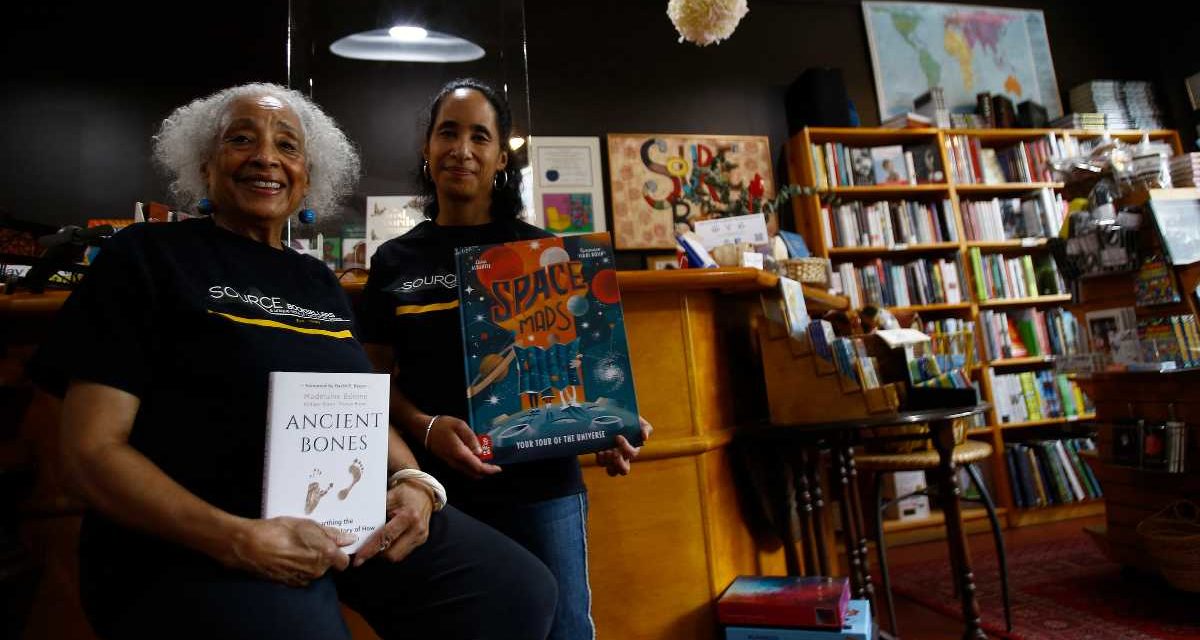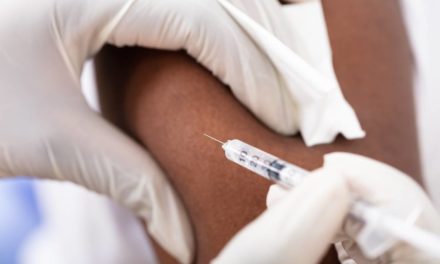By Nushrat Rahman
As National Black Business Month wraps up, Black-owned businesses have been hit especially hard with shut downs related to the pandemic.
Across the country, Black-owned businesses were twice as likely to close during the early months of the health crisis and less likely to receive federal support, according to a report from the Federal Reserve Bank of New York.
In Detroit, loan relief, rent assistance and grants from collaborations between public, private, nonprofit and philanthropic groups helped businesses, according to a recent Brookings Institution report by Pamela Lewis, director of the New Economy Initiative, and senior fellow in Brookings’ Metropolitan Policy Program.
This model can work across the country but the public sector should also offer more support to small businesses, she said.
“How do you change policies to ensure that under-served communities — businesses owned by under-served individuals and businesses operated in those communities — are getting more access to public resources?”
There are more than 60,000 small businesses in Detroit, according to 2012 Census data. Approximately 49,000 are Black-owned, said Kenneth L. Harris, national president and CEO of the National Business League.
For Black Americans, small business ownership is a pathway to economic self-sufficiency, especially in majority Black cities like Detroit, because it not only builds income but wealth over time, Lewis said.
The average wealth of white white families in the U.S. is 6.5 times greater than Black families, as of 2016, according to the Federal Reserve Bank of Cleveland.
For National Black Business Month — started in 2004 by historian John William Templeton and engineer Frederick E. Jordan Sr. to celebrate Black entrepreneurs — four small business owners in Detroit shared how they are managing the economic impact of COVID-19 and what it means to be a Black-owned business in Detroit.





